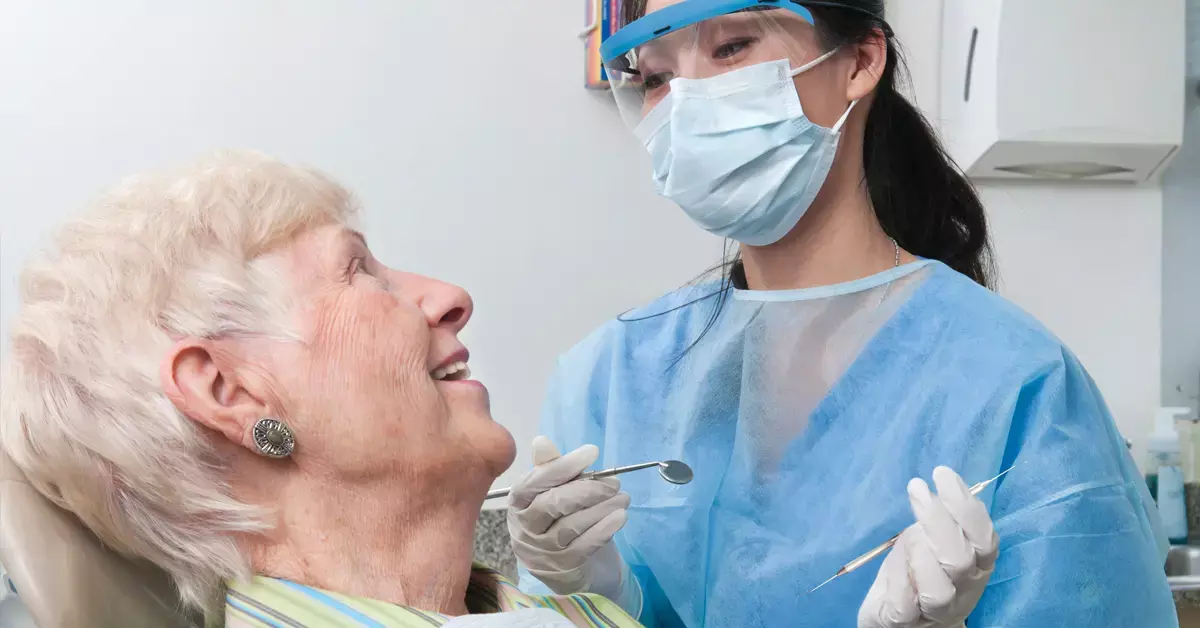- Home
- Medical news & Guidelines
- Anesthesiology
- Cardiology and CTVS
- Critical Care
- Dentistry
- Dermatology
- Diabetes and Endocrinology
- ENT
- Gastroenterology
- Medicine
- Nephrology
- Neurology
- Obstretics-Gynaecology
- Oncology
- Ophthalmology
- Orthopaedics
- Pediatrics-Neonatology
- Psychiatry
- Pulmonology
- Radiology
- Surgery
- Urology
- Laboratory Medicine
- Diet
- Nursing
- Paramedical
- Physiotherapy
- Health news
- Fact Check
- Bone Health Fact Check
- Brain Health Fact Check
- Cancer Related Fact Check
- Child Care Fact Check
- Dental and oral health fact check
- Diabetes and metabolic health fact check
- Diet and Nutrition Fact Check
- Eye and ENT Care Fact Check
- Fitness fact check
- Gut health fact check
- Heart health fact check
- Kidney health fact check
- Medical education fact check
- Men's health fact check
- Respiratory fact check
- Skin and hair care fact check
- Vaccine and Immunization fact check
- Women's health fact check
- AYUSH
- State News
- Andaman and Nicobar Islands
- Andhra Pradesh
- Arunachal Pradesh
- Assam
- Bihar
- Chandigarh
- Chattisgarh
- Dadra and Nagar Haveli
- Daman and Diu
- Delhi
- Goa
- Gujarat
- Haryana
- Himachal Pradesh
- Jammu & Kashmir
- Jharkhand
- Karnataka
- Kerala
- Ladakh
- Lakshadweep
- Madhya Pradesh
- Maharashtra
- Manipur
- Meghalaya
- Mizoram
- Nagaland
- Odisha
- Puducherry
- Punjab
- Rajasthan
- Sikkim
- Tamil Nadu
- Telangana
- Tripura
- Uttar Pradesh
- Uttrakhand
- West Bengal
- Medical Education
- Industry
Elderly with high level of self-efficacy have good gingival health, finds study

Older adults with a high level of self-efficacy have good gingival health according to a recent study published in the Journal of Dentistry.
The objectives of this study were to determine the relationship between reported self-efficacy and dental status in older adults, identify factors which might influence self-efficacy and, their willingness to pay (WTP) for preventive care.
Participants aged 60–90 years of age living in Singapore were recruited. All participants completed an oral health questionnaire and a clinical examination. Details of participants' socio-economic status and educational attainment were collected, and participants also answered a range of questions related to self-efficacy, oral health attitudes, beliefs and dental attendance patterns. Participants were asked to indicate their willingness to pay for preventive care using contingent valuation. The clinical examination recorded decayed, missing and filled teeth [DMFT], root caries, periodontal attachment loss, bleeding on probing index, occlusal status and, denture wearing status. Associations between self-efficacy, self-report and clinical variables were assessed using Kendall's Tau B coefficient.
Results
- 614 participants [mean age 68.07 (5.99) years] were recruited.
- There was a high level of dental awareness and nearly 70% of the participants reported visiting a dentist once or twice a year.
- Self-efficacy was associated with levels of bleeding on probing and self-reported satisfaction with oral health. Nearly 60% of participants were not willing to pay for preventive advice from an oral healthcare professional.
Thus, Older adults with a high level of self-efficacy had good gingival health, with low reported levels of bleeding on probing. Participants with low reported self-efficacy had higher disease levels and were less satisfied with their oral health. Self-efficacy in relation to oral hygiene practices is variable, and participants with low self-efficacy had higher gingival bleeding scores. However, willingness to pay for preventive advice is low, and further work is required to increase the value proposition of preventive care to older adults.
Reference:
The relationship between self-efficacy and oral health status of older adults by Finbarr Allen et al. published in the Journal of Dentistry
https://doi.org/10.1016/j.jdent.2022.104085
Dr. Shravani Dali has completed her BDS from Pravara institute of medical sciences, loni. Following which she extensively worked in the healthcare sector for 2+ years. She has been actively involved in writing blogs in field of health and wellness. Currently she is pursuing her Masters of public health-health administration from Tata institute of social sciences. She can be contacted at editorial@medicaldialogues.in.
Dr Kamal Kant Kohli-MBBS, DTCD- a chest specialist with more than 30 years of practice and a flair for writing clinical articles, Dr Kamal Kant Kohli joined Medical Dialogues as a Chief Editor of Medical News. Besides writing articles, as an editor, he proofreads and verifies all the medical content published on Medical Dialogues including those coming from journals, studies,medical conferences,guidelines etc. Email: drkohli@medicaldialogues.in. Contact no. 011-43720751


